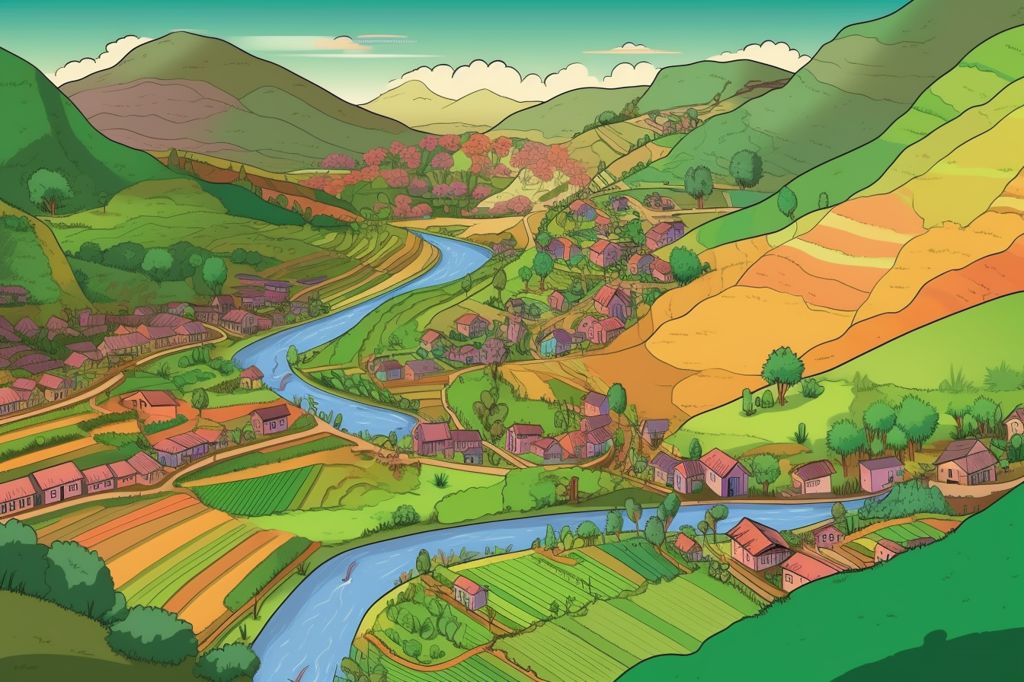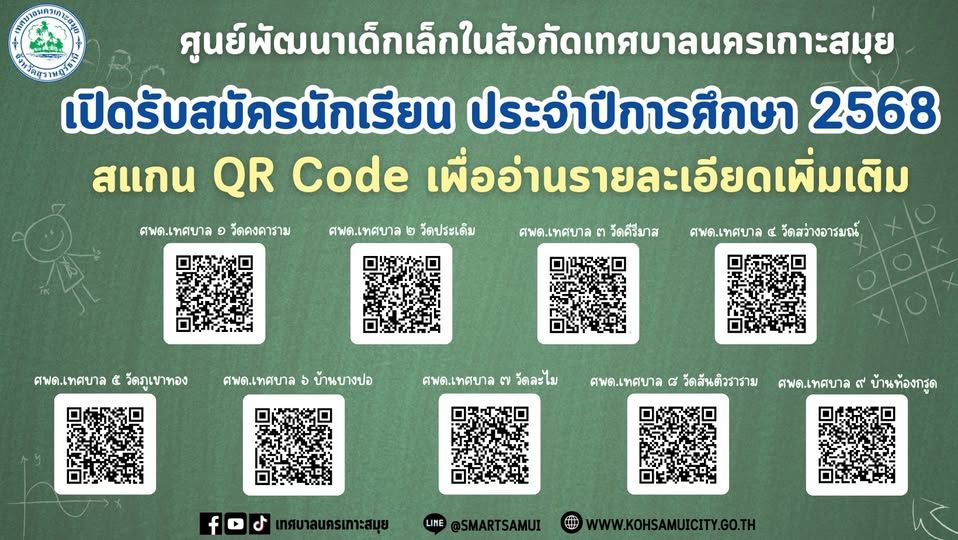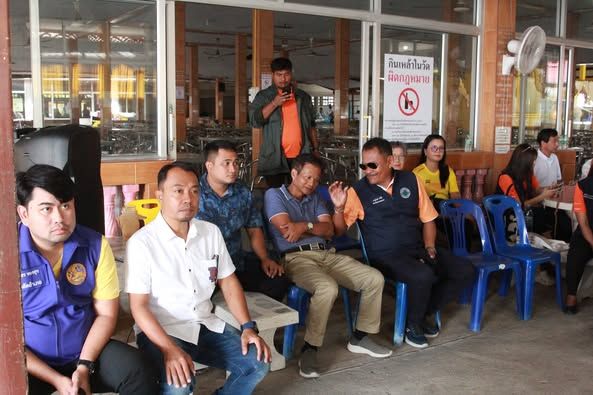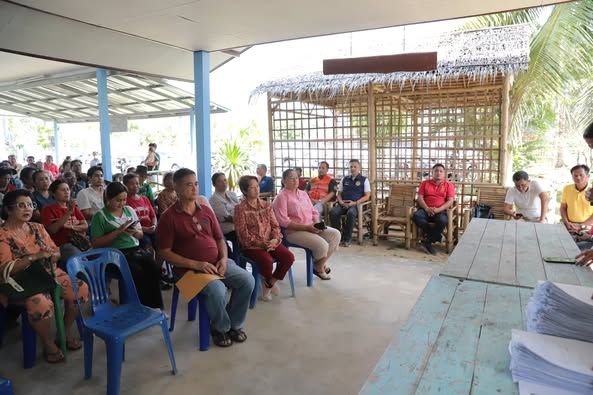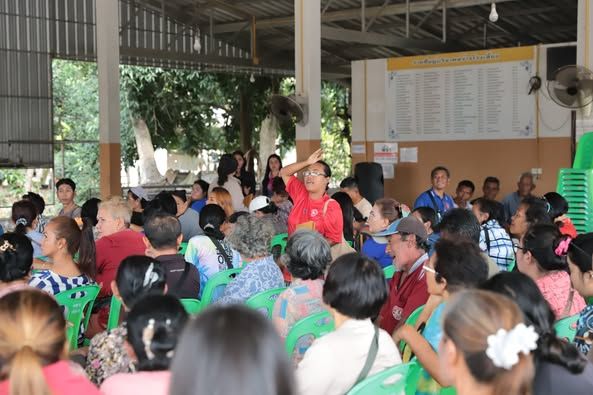Empowering Local Communities Through Sustainable Development
HRH Princess Sirivannavari Nariratana Rajakanya’s sustainable village project is helping to empower women and promote local wisdom throughout the deep South of Thailand. The Ministry of Interior has expanded this initiative, aiming to improve living conditions in remote areas through sustainable development with the assistance of the United Nations. The project supports local communities in food, water, and medicine security while promoting social equality, environmental preservation, and local wisdom.
Women at the Forefront of Economic Growth
Patimoh Sadeeyamu, the first Muslim female governor in Pattani province, emphasizes the importance of empowering women in both economic and social aspects. Local leaders work with international women leadership development agencies such as UN Women, the Muslim Women’s Council from Malaysia, and the Community Development Department to support women. With 90% of One Tambon, One Product (Otop) group leaders being women, their empowerment plays a vital role in driving economic growth.
Environmental Consciousness and Local Wisdom Preservation
HRH Princess Sirivannavari Nariratana Rajakanya has been actively involved in protecting and preserving local wisdom in woven cloth throughout the region. The sustainable village project encourages the use of natural colors for fabric dyeing and the reuse of materials to minimize waste. This focus on environmental consciousness and earning security has gained admiration from UN Resident Coordinator for Thailand, Gita Sabharwal.
The Impact of the Princess’s Guidance on Local Communities
One successful example of the project’s impact is the Yaring Batik Group in Pattani’s Yaring district. The group’s leader, Kaneungnit Bhattarapongnopkul, reports increased income due to the princess’s guidance in using raw materials from nature and implementing creative designs with modern styles. The royal “Khor Chaofah Sirivannavari” motif, represented by the letter “S”, blends seamlessly with local patterns, and the recommended color tones make their batik cloth more fashionable.
Providing Opportunities for Education and Better Living Conditions
The sustainable village project has not only generated income for locals but also created better living opportunities for children and youths in the deep South. The Me-D Na Thap Batik Group in Songkhla’s Chana district, founded by Jantima Sukmetta, employs 14 youths and provides opportunities for them to learn batik arts while earning money for their studies. The princess’s team of designers helps the group develop high-value products with outstanding patterns and eco-friendly materials, contributing to sustainable development and drawing tourists to the area.
